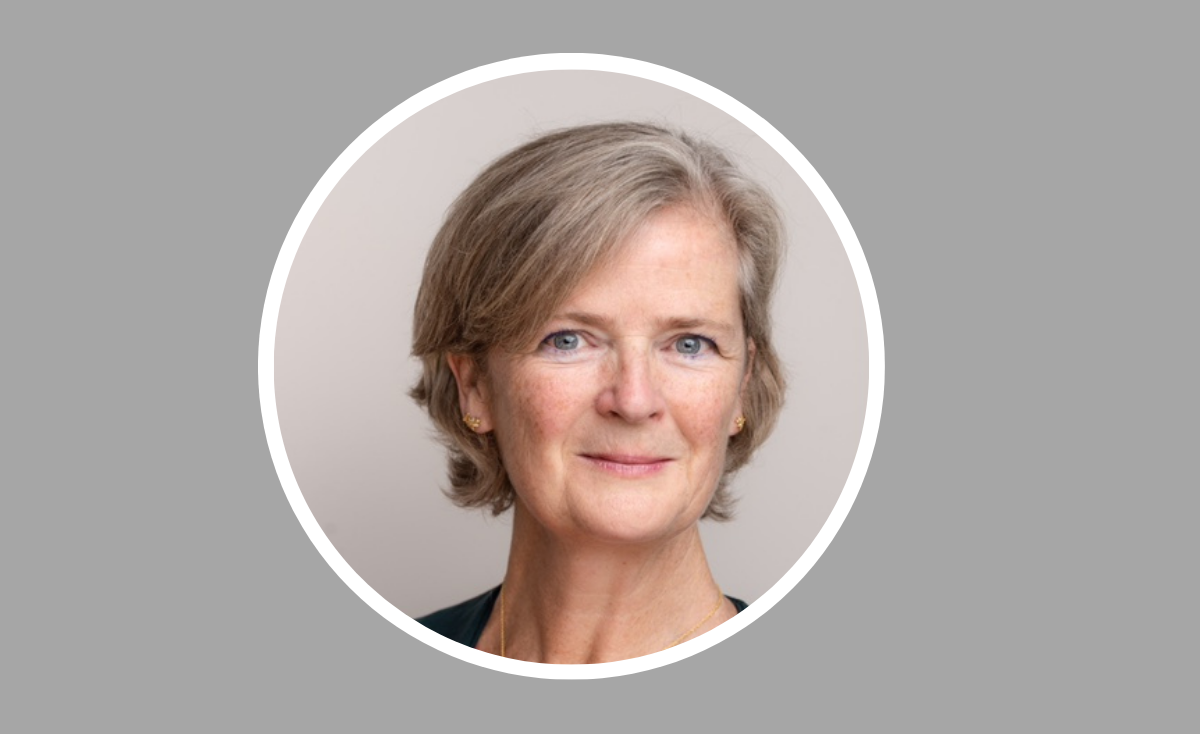COO view: Why cryptocurrency adoption is inevitable for asset managers
Nic Basson, Chief Operating Officer at Old Street Digital, explores how fund operators should be thinking about cryptocurrency and the regulatory and compliance considerations that should be top of mind.
Sara Benwell POSTED ON 5/26/2022 12:48:48 PM
 Nic Basson, COO, Old Street Digital.
Nic Basson, COO, Old Street Digital.
Nic Basson, COO at Old Street Digital, is speaking at the Fund Operator Europe summit in November. You can see the agenda and register to attend here.
Sara Benwell: Is the adoption of cryptocurrency inevitable for asset managers?
Nic Basson: In short, yes I believe so. You don't need to believe in Bitcoin to be excited about the opportunity in the crypto space.
The re-invention of the traditional payment, settlement and transaction framework that blockchain and recently decentralised finance (DeFi) enable - will be enormously positive for asset managers.
We will benefit from faster settlement of traditional securities, and, in time, new legal ownership structures traded via newer high speed, secure networks.
“You don't need to believe in Bitcoin to be excited about the opportunity in the crypto space.”
We are already seeing the digitisation of traditional financial assets, like equities and debt instruments, in transparent, near-instantly transferable tokenised ways - a marked improvement on the old financial 'rails' often used.
Regarding the assets or tokens, the opportunity to participate in DeFi in particular, is huge and growing. Capital does not move efficiently across the networks yet, so there is still an opportunity for outsized returns on an absolute and risk adjusted basis - in a low yield /return world, this is attractive.
Sara: What are some of the key regulatory and compliance considerations for fund operators that are considering exploring crypto?
Nic: I think there are two areas rapidly evolving at the moment. Onboarding new clients and the KYC / AML considerations and the custody and safe storage of crypto assets.
Regarding AML and KYC - the most prudent crypto asset managers will handle creation and redemption as you would any other fund, in cash via existing onboarding channels. The fund then trades the underlying crypto assets on exchange or on-chain as normal.
“Bridging the traditional finance needs and the tech capability to operate efficiently in the digital asset space needs a new skill set.”
There is a lot happening in the Custody and Administration space but bridging the traditional finance needs and the tech capability to operate efficiently in the digital asset space needs a new skill set.
We have found firms in this space start as either tech solutions looking to solve institutional finance needs or existing custodians trying to retro-fit their legacy systems so crypto offerings are a familiar 'add on'.
Both are compromised at some level so we found our needs for a De-fi fund could only be met by a 'crypto native' custodian while a strategy that does more trading on exchange may be better served by a more traditional interface.
Sara: How can fund operators keep abreast of the rapidly evolving market and regulations here?
Nic: Institutional digital assets (Crypto) is a space that would still benefit from more high quality thought leadership content.
I'd encourage fund operators to read broadly and take the time to understand the mechanics and technology rather than think of crypto as a commodity.
“Regulators deepening their understanding of these new markets and how best to meet their legal and policy objectives while encouraging growth is the key.”
The space is evolving rapidly and while similar to traditional finance has many material differences in terms of market mechanics, risk assessment and asset security.
Sara: What are some of the main risks, and how should asset managers make sure they are managing these?
Nic: A major difference between traditional finance and crypto is how you should think about risk, a few of the key ones to consider are:
- Custodial risk - The transfer of digital assets is triggered by cryptographic signing of a transaction. The safe storage of those 'private keys' is essential for security of the assets in a wallet or fund.
Crypto custodians now offer solutions which require multiple authorisations/signatories (Multi-sig) to approve transactions or in some cases store the keys offline in numerous geographic locations for additional security.
Other techniques include Multi Party Computation (MPC) which reduces risk further by encrypting the key shards held by the multiple signatories. - Smart contract Risk - Many Investors take for granted the stability of a jurisdiction they invest in and understand the framework to assess credit or equity risk.
In digital assets, this is often called 'smart contract' risk - the risk that the contract you are interacting with, which could be a decentralised exchange or pool, is coded accurately and resistant to exploitation. - Token / counterparty risk - This is primarily one for investors in stablecoin strategies which are pegged to a fiat currency 1:1.
The largest and most liquid market is in USD-pegged stablecoins. Some of these are fully asset backed, some partially and others operate a fractional reserve peg like nation states do.
The risk that their market price deviates and does not recover to the pegged level is a risk that can be mitigated by traditional insurance policy or in liquid futures markets. - Regulatory risk - We at Old Street Digital see the considered and sensible regulation as a boon for the industry and one where the UK has every chance of being a global leader.
That said, blanket regulation will stifle innovation in their local markets - we have already seen how many of the largest digital asset firms are moving to more progressive regulatory jurisdictions.
Regulators deepening their understanding of these new markets and how best to meet their legal and policy objectives while encouraging growth is the key.
Nic Basson, COO at Old Street Digital, is speaking at the Fund Operator Europe summit in November. You can see the agenda and register to attend here.
Please Sign In or Register to leave a Comment.
SUBSCRIBE
Get the recent popular stories straight into your inbox







